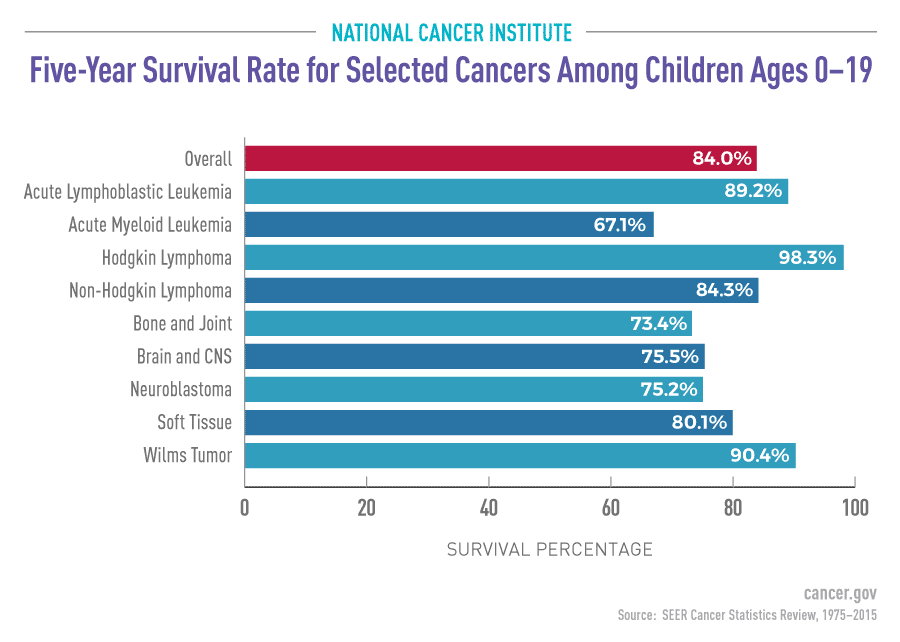Pediatric Cancer Recurrence: AI Predicts Relapse Risk
Pediatric cancer recurrence is a daunting reality for many families facing the challenges of childhood cancers such as gliomas. Recent advancements in AI predicting cancer relapse offer a glimmer of hope by demonstrating superior accuracy in assessing the risk of recurrence compared to traditional methods. This innovative tool utilizes brain cancer imaging techniques to analyze longitudinal scans, particularly focusing on pediatric gliomas, widely recognized for their complex treatment pathways. Researchers from Mass General Brigham have unveiled exciting findings that suggest AI’s ability to predict cancer relapse could significantly improve outcomes for children battling brain cancer. By refining glioma treatment protocols based on these predictions, healthcare providers can alleviate some of the burdens faced during post-treatment surveillance, transforming the care landscape for young patients and their families.
The recurrence of cancer in children, particularly among those diagnosed with brain tumors, presents significant challenges that require innovative solutions. Also referred to as pediatric cancer relapse, this phenomenon often calls for vigilant monitoring and advanced imaging techniques to effectively track disease progression. Utilizing AI tools has emerged as a cutting-edge approach to enhance predictive capabilities in this field. These technologies not only analyze various medical imaging data but also yield insights critical for tailoring treatment strategies for conditions such as glioma. By employing more robust predictive algorithms, healthcare professionals can better anticipate relapse in pediatric cases, leading to more proactive and personalized care.
The Role of AI in Predicting Cancer Relapse
Artificial intelligence (AI) has emerged as a revolutionary tool in the field of medicine, particularly in predicting cancer relapse. In recent studies, including one conducted by researchers at Mass General Brigham, AI demonstrated a higher accuracy in predicting the risk of pediatric cancer recurrence compared to traditional methods. This advancement is significant as it can aid healthcare professionals in making more informed decisions and personalize treatment plans for young patients. AI’s ability to analyze extensive datasets and draw connections from multiple brain scans over time enhances its predictive capabilities, potentially changing the landscape of pediatric cancer treatment.
The integration of AI into clinical practice holds promise not just for predicting pediatric cancer recurrence but also for improving outcomes for various types of gliomas. Given that these brain tumors can have a range of prognoses, the ability to classify patients based on their risk of relapse allows healthcare providers to tailor their follow-up and treatment strategies. For instance, a child identified as high risk might benefit from closer monitoring and early interventions, whereas low-risk patients could avoid unnecessary stress from frequent imaging.
Frequently Asked Questions
How does AI predict pediatric cancer recurrence in glioma patients?
AI tools can predict pediatric cancer recurrence, particularly in glioma patients, by analyzing multiple brain scans over time. Utilizing a technique called temporal learning, AI can identify subtle changes in the brain that may indicate a risk of relapse, achieving greater accuracy than traditional single-scan methods.
What is the importance of predicting cancer relapse in pediatric gliomas?
Predicting cancer relapse in pediatric gliomas is crucial due to the potentially devastating effects of recurrence. Early identification of those at higher risk allows for better care strategies, possibly reducing the frequency of MRIs and providing timely interventions for high-risk patients.
What advancements have been made in brain cancer imaging for pediatric patients?
Recent advancements in brain cancer imaging, particularly with AI tools, have allowed for more accurate predictions of pediatric cancer recurrence. By employing AI analyses of longitudinal MR scans, researchers can offer patients a more tailored approach to monitoring and treatment.
Can AI improve the accuracy of predicting pediatric cancer recurrence?
Yes, AI has significantly improved the accuracy of predicting pediatric cancer recurrence. In studies, AI tools using temporal learning have demonstrated a prediction accuracy of 75-89%, compared to about 50% achieved through traditional methods based on single scans.
What role does temporal learning play in predicting cancer relapse?
Temporal learning is a technique that enhances AI’s ability to predict cancer relapse by training models to analyze a sequence of brain scans taken over time. This approach allows the AI to capture subtle changes that indicate potential recurrence, leading to improved prediction outcomes.
How does the AI prediction tool impact the follow-up process for children with brain cancer?
The AI prediction tool can streamline the follow-up process for children with brain cancer by helping to identify those at low risk of recurrence. This could reduce unnecessary imaging appointments, alleviating stress for both patients and families while allowing for a focus on high-risk individuals who may need more intensive monitoring.
What challenges remain in AI application for pediatric cancer recurrence prediction?
Challenges in applying AI for predicting pediatric cancer recurrence include the need for further validation of the models across diverse clinical settings. Research teams are working towards clinical trials to confirm the utility of AI in improving treatment and follow-up protocols.
| Key Point | Details |
|---|---|
| AI Tool Advantage | AI predicts pediatric cancer recurrence more accurately than traditional methods. |
| Study Focus | Focus on pediatric gliomas, which can recur after initial treatment. |
| Methodology | Used 4,000 MR scans from 715 patients with temporal learning to enhance prediction accuracy. |
| Prediction Accuracy | AI model achieved 75-89% accuracy in predicting recurrence. |
| Clinical Application | Further validation needed before clinical trials and application can begin. |
| Expert Insights | Experts emphasize the need for better tools to identify high-risk patients early. |
Summary
Pediatric cancer recurrence is a critical concern, especially in children diagnosed with gliomas. Recent advances in artificial intelligence have shown promising results, significantly improving prediction accuracy for relapse compared to traditional methods. As researchers continue to validate these findings, the hope is to enhance care and reduce the burden of frequent imaging for families, allowing for targeted treatments for those at higher risk.
